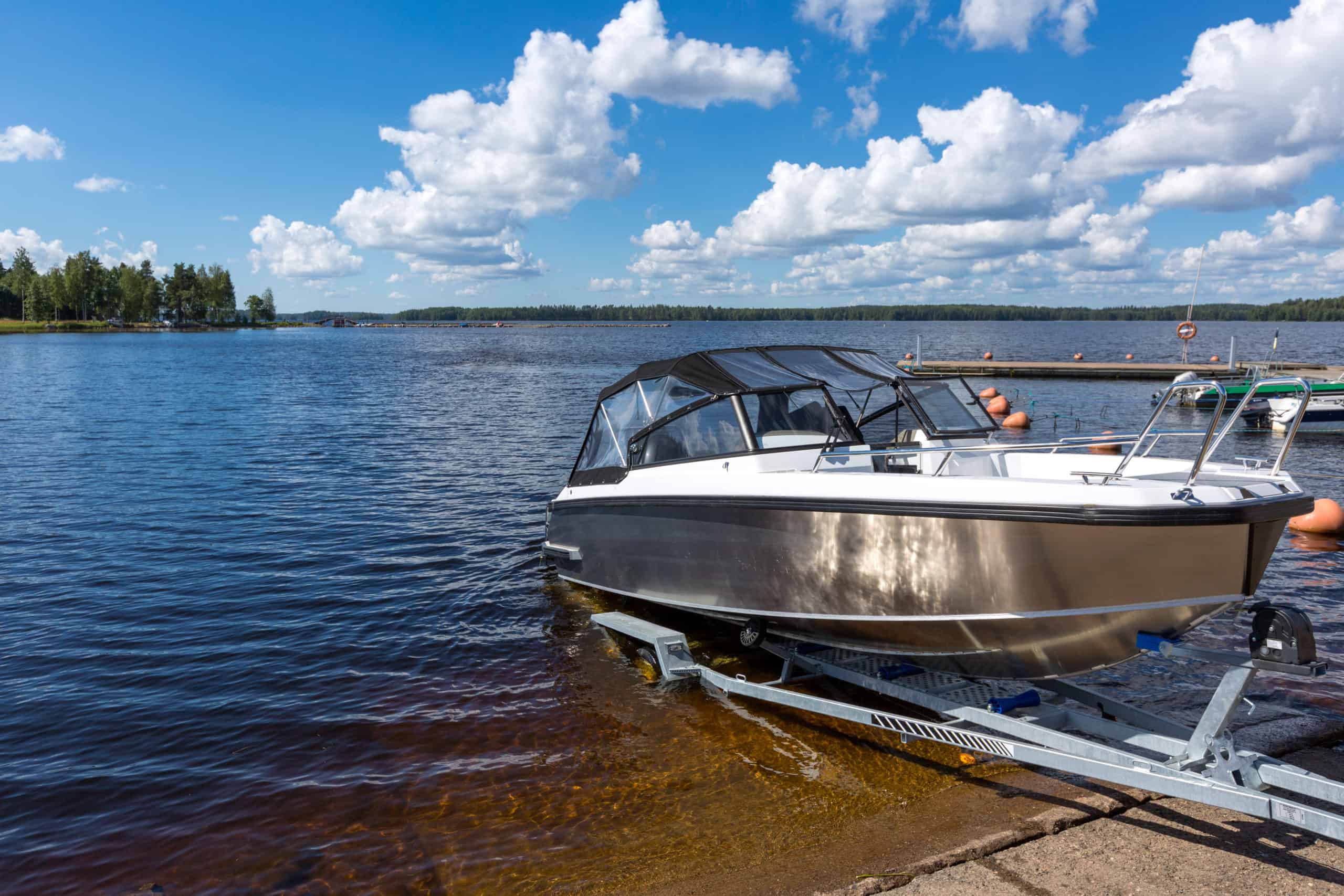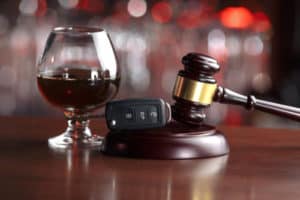
In Grand Prairie, operating a boat while intoxicated will get you in as much trouble as driving drunk. The penalties are identical to driving while intoxicated, and include large fines, mandatory jail time, the suspension of your driver’s license, and a black mark on your permanent record. And, should the police arrest you later for either BWI or DWI, your boating while intoxicated conviction will count as a prior offense.
Before you consider pleading guilty or trying to fight these charges on your own, consult with a boating while intoxicated (BWI) lawyer in Grand Prairie to discuss your options. The Law Offices of Randall B. Isenberg offers free consultations for clients facing BWI charges in and around Grand Prairie. Call today at 214-696-9253 to schedule an appointment.
What Penalties Might I Face for BWI in Grand Prairie?
Boating while intoxicated is a class B misdemeanor. This offense carries a mandatory jail sentence of 72 hours, and up to six months in the county jail. It also carries a fine of up to $2,000 and a potential 365-day driver’s license suspension.
A second offense will bring class A misdemeanor charges. The penalties for conviction on this charge include a mandatory 30-day jail sentence, and up to one year in county jail. It carries a fine of up to $4,000 and as much as a two-year suspension of your license.
Your third offense will merit third-degree felony charges. A conviction on this charge means that you will spend a minimum of two years in prison — and as long as a decade. You will face a fine of up to $10,000 and a potential two-year suspension of your driver’s license.
In addition, the judge may require you to attend a substance abuse or boating safety program, impose community service, and place you on probation.
If you had any aggravating circumstances associated with your arrests, such as having a blood alcohol concentration (BAC) above 0.149, your potential penalties will increase significantly.
A BWI conviction will also become part of your permanent criminal record, which can make getting a job, professional licensing, college acceptance, or even car insurance impossible.
How Do the Texas Laws Define Boating While Intoxicated?
Other than the type of vehicle involved (watercraft versus motor vehicle), Texas law makes little differentiation between BWI and DWI.
In this context, a watercraft is any type of motorized vessel designed to carry one or more people on the water. The statute includes water skis, jet skis, and aquaplanes. And, although these are not necessarily motorized, the statute also covers any watercraft powered by the wind, such as a sailboat.
Just like drunk driving, the statutory BAC limit for boating while intoxicated is 0.08.
Unlike DWI, which the statutes specify must occur in a public place, BWI is not similarly limited. Also, the statutes do not require the police to establish reasonable suspicion prior to boarding your boat to check for BWI.
As is the case with drunk driving charges, however, the police must establish probable cause to arrest you and request a BAC test. Officers use a form of field sobriety test specifically designed for use on the water. The National Association of State Boating Law Administrators (NASBLA) established the procedures and requirements for this testing, specifically known as seated standardized field sobriety testing regulations (SSFSTR).
Finally, just as you could after a DWI arrest, you stand a good chance of losing your driver’s license after a BWI arrest in Grand Prairie.
Will You Face an ALR Hearing for BWI in Grand Prairie?
Upon arrest for BWI in Grand Prairie, the police will seize your Texas driver’s license. The officer will provide you with a form that allows you to drive legally for 15 days, pending the outcome of an Administrative License Revocation (ALR) hearing.
The Texas Department of Public Safety (TxDPS) gives you 15 days from the date of your arrest to schedule your hearing. If you miss this deadline, TxDPS will suspend your license.
At the hearing, the judge can elect to suspend your license even if the court dropped the charges or a jury ultimately acquits you. And, after your license suspension period expires, you must pay a fee of up to $2,000 per year for three years to reinstate your license.
How Can a Grand Prairie BWI Lawyer Help You?
To fight your BWI charges and impending license suspension, get a BWI lawyer in your corner. Your lawyer will defend your rights and fight for the best possible outcome in your case.
We will start by digging into the evidence related to your case to identify any potential violations of your legal rights or mishandling of the evidence. Your BWI lawyer can use any problems or flaws in the prosecution’s case to negotiate a reduction or dropping of the charges.
If the prosecutor will not agree to reduce or drop the charges, your attorney will build the strongest possible case for your defense in court. Your lawyer can also represent you at the DMV hearing, to protect your driver’s license.
Randall B. Isenberg has worked in the criminal justice system for more than 30 years. During that time, he has served clients as a criminal defense attorney and worked as both a state district court judge and chief felony prosecutor.
Consequently, Randall understands how the prosecutors will build their case against you. He will use this unique insight to fight for your future and your freedom, and to protect your driver’s license.
We would like to offer you a free consultation and case review, to answer all your questions and help you make an informed choice. Call us at 214-696-9253 to learn more.










